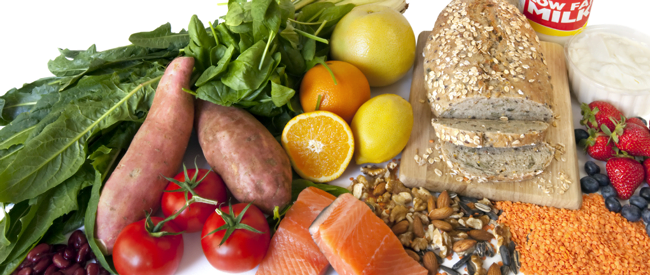The body’s preferred primary energy source
Hiking food should be high in carbohydrate, tasty and easy to eat (not too dry or crumbly) so bring on the carbohydrates.
Carbohydrates are the body’s preferred primary energy source while hiking and bushwalking. Eat 30 to 60 grams (120 to 240 calories) of carbohydrates per hour to improve strength and endurance and delay fatigue. If you don’t consume enough carbohydrates, the body will burn muscle protein and stored body fat.
A few examples of good carb choices:
- Energy gels
- Shot blocks
- Sports drinks
- Dried fruit
- Bananas
- Bread
- Pasta
- Bars.
Food is extremely important to maintain your energy levels during a hike and also helps you to absorb water to avoid dehydration. You should be aiming to eat (and drink) regularly to maintain your energy levels. A rough guide is aiming to eat something small every hour during a hike. Having foods that you like is important, so that you are likely to eat more whilst hiking.
Low GI
During a hike, any carbohydrate food is okay, but generally with a preference for Low GI foods, so that there is a slow release of energy. If you are using high GI foods, such as jelly beans, bread and chocolate, then you should be eating these regularly so that you don’t get highs and lows of energy occurring.



